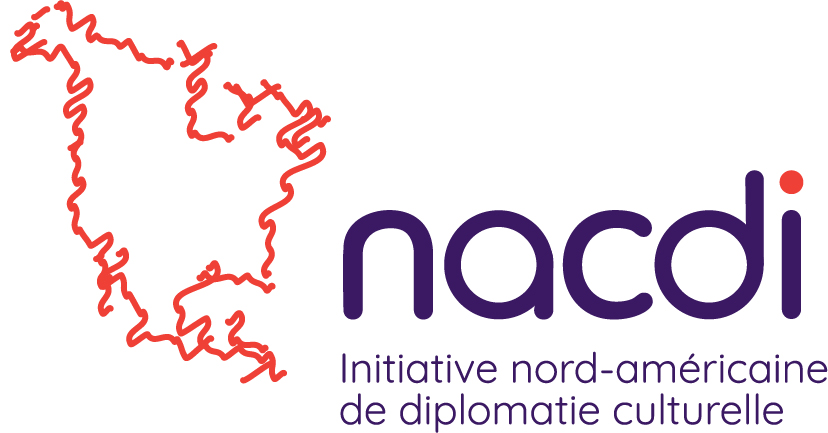The British Council in Delhi
February 12, 2019
The British Council, one of the key actors in British cultural diplomacy, was founded in 1934 in response to growing communist and fascist influences in the pre-war period. In 1938, a few years after its foundation, its first overseas office was opened, and thus a long diplomatic journey of cultural promotion, exchange and influence began. Today, the Council maintains over 200 offices in 110 countries worldwide which work together to develop new and deeper cultural connections between Britain and other countries. (See more on the history of the British Council here).
The Cold War Era was a remarkably significant period for the development of the British Council’s diplomatic mission. In an era when Soviet Russia used ballet to showcase its artistic excellence, and the United States generated soft power through jazz and abstract expressionism, the British Council turned to its own national treasure: William Shakespeare. The works and life of William Shakespeare have been playing a pivotal role in the development and implementation of the British Council’s diplomatic agenda since the 1950s.
One of the earliest examples of Shakespeare as a foreign ambassador was the international tours of his British productions. Supported by the British Council, these tours were organized at important political and historical turning points. A few examples include the National Youth Theatre’s production of Julius Caesar, which played in Berlin during the Cold War; tours in Austria and Yugoslavia – organized in the 1950s to counter Soviet influence; and Anthony Sher’s Titus Andronicus, which played in Johannesburg, shortly after the election of Nelson Mandela.
A more recent example of the bard’s diplomatic influence is the Shakespeare Lives program. Launched in 2016, the program aimed to celebrate “the world’s most famous playwright, William Shakespeare, as a writer for all people and nations.” To showcase the value of Shakespeare’s works both in the UK and abroad, and to spread his cultural influence across the world, the British Council joined forces with the UK’s flagship institutions – the BBC, British Film Institute, the National Theatre, Royal Shakespeare Company, and Shakespeare’s Globe (for more on Shakespeare Lives, see here).
The Shakespeare Lives program involved a broad range of international activities and events for audiences around the world to exchange, experience, and enjoy Shakespeare’s work. In partnership with the British Film Institute (BFI), the British Council promoted Shakespeare-inspired films at a series of popular public events in India, China, and Russia. During Shakespeare Lives, the Council also provided support for a number of new international theatre and dance projects. These commissions creatednew collaborations between the UK and other countries. One example was The Dreamer, produced by Gecko and the Shanghai Dramatic Arts Centre. The play was inspired by A Midsummer Night’s Dream and Tang Xianzu’s The Four Dreams of Linchuan. It celebrated the 400th anniversaries of both Shakespeare and his Chinese contemporary, Tang Xianzu (For more, see here).
In addition to theatre Shakespeare has also been playing a key role in the British Council’s educational activities. For example, the Council’s online English teaching platform – FutureLearn, is offering online courses on William Shakespeare. Designed specifically for non-native speakers, the course aims to introduce Shakespeare’s famous plays (Hamlet, Romeo and Juliet, and Macbeth) to foreign audiences.
Shakespeare’s global charm and role for Britain’s soft power have been noted in the British Council’s All the World’s Report (2016).The report presents the results of a survey that examined over 18, 000 people’s views of Shakespeare in countries including India, Turkey, Brazil, China, and Mexico. According to the report, Shakespeare remains popular globally – in some countries more so than the UK. He continues to be a valuable asset for expanding the UK’s soft power and raising the UK’s status as one of the world’s leaders in arts and culture.
